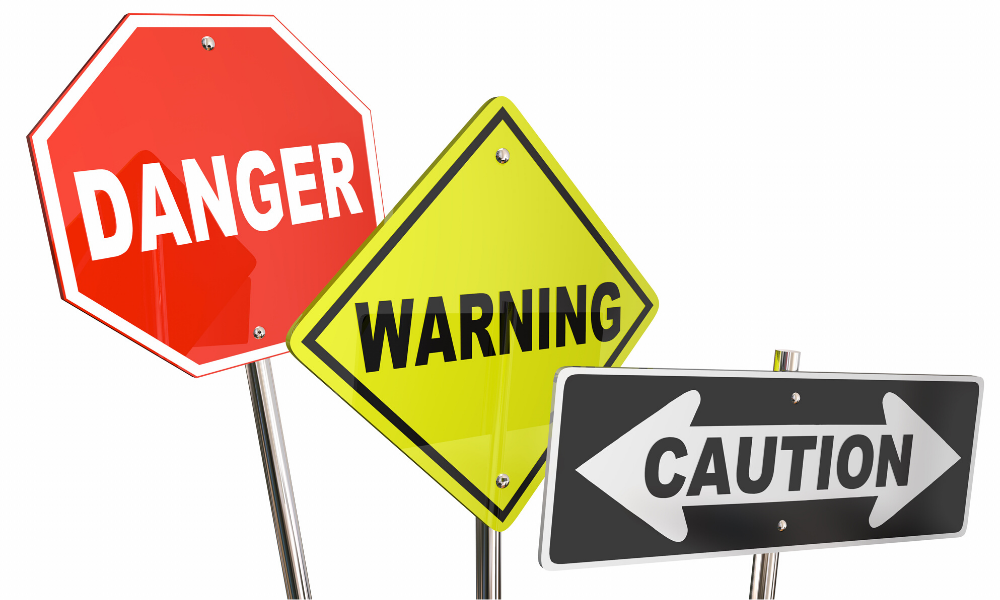Each month we alert you to a site or trend that you need to be aware of to protect your teenaged social media users. This month we are warning you about: Eating Disorders.
While many are generally familiar with what eating disorders are, many parents may not realize how social media can exacerbate eating disorders and contribute to an unhealthy or distorted body image.
First, social media is distorting our perception of reality. Our teens and tweens are on social media for hours every day. During that time, they are scrolling through thousands and thousands of pictures of peers, friends, influencers, and celebrities. Almost entirely, these pictures are strictly curated. They are the best angles from the best moments of the poster’s day (or photoshoot). And, many of them, whether they are pictures of middle school students or famous celebrities, have been edited through apps like FaceTune that make such editing quick and effective. (Check out this example from actress and talk show host Busy Phillipps.)
Scrolling through all these curated and/or edited pictures for thousands of hours a year can distort reality in the developing minds of our young people, even in adults. It can create or exacerbate low self-esteem or negative self-body image. In the worst-case scenario, social media use has been associated with eating disorders and body dysmorphia, a disorder in which the person cannot stop thinking about one or more perceived defects or flaws in his or her appearance.
Second, social media can normalize dangerous behaviors like unhealthy eating habits or diets for susceptible users. For those teens so inclined, they can easily find a community to dole out approval and acceptance for unhealthy behaviors, and they can consume pseudo-science that is endorsed by this online community. For eating disorders, teens can go onto social media and quickly find “pro-ana,” or pro-anorexia, groups or hashtags, like #thinspiration, where young adults can find other users encouraging starvation or unhealthy eating habits in pursuit of a “skinnier” body type. These are powerful validating mechanisms that can remove inhibition against the dangerous behavior and crowd out information from legitimate sources.
What To Do
- Discuss photo editing and photo curation with your teen before they start using social media.
- Discuss social media groups and hashtags that your teen needs to avoid, like “pro-ana sites,” and how small, extremist groups can make dangerous behaviors seem normal on social media.
- Regulate the amount of time that your teen is using social media. (Staying mentally vigilant against the reality distortion of social media is easier when only viewing edited photos for one hour a day versus nine.)
If you suspect your teen has developed either unhealthy eating habits or an unhealthy body image, please consider consulting a licensed mental health professional. If your teen has a diagnosed eating disorder, please consider discussing any ongoing social media use with your health professional.

